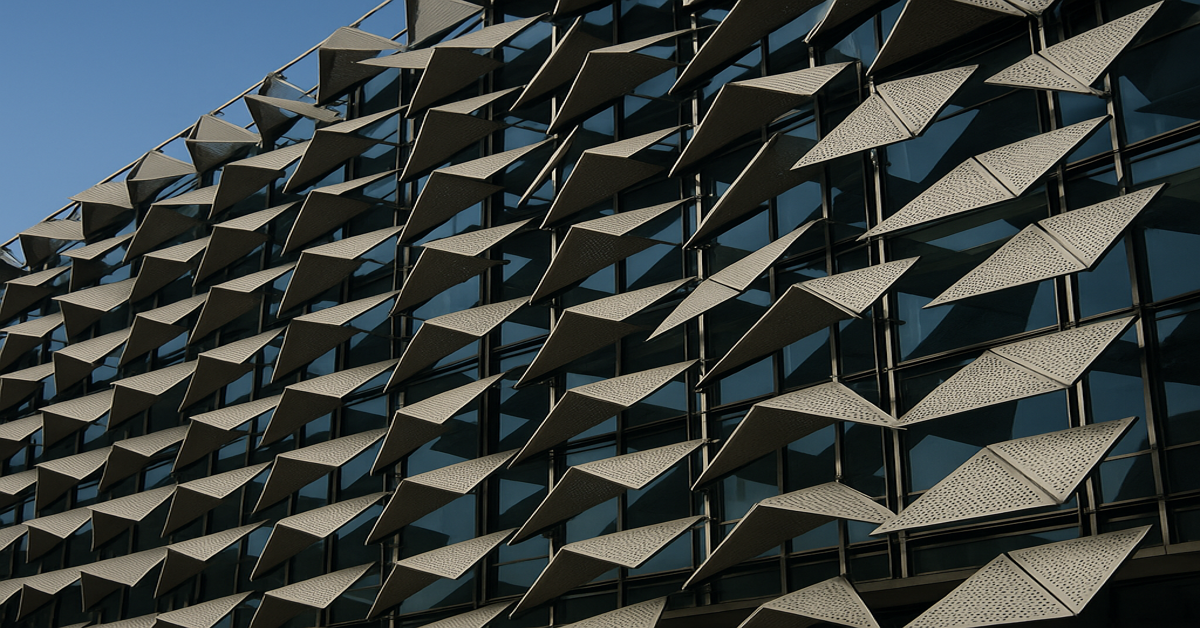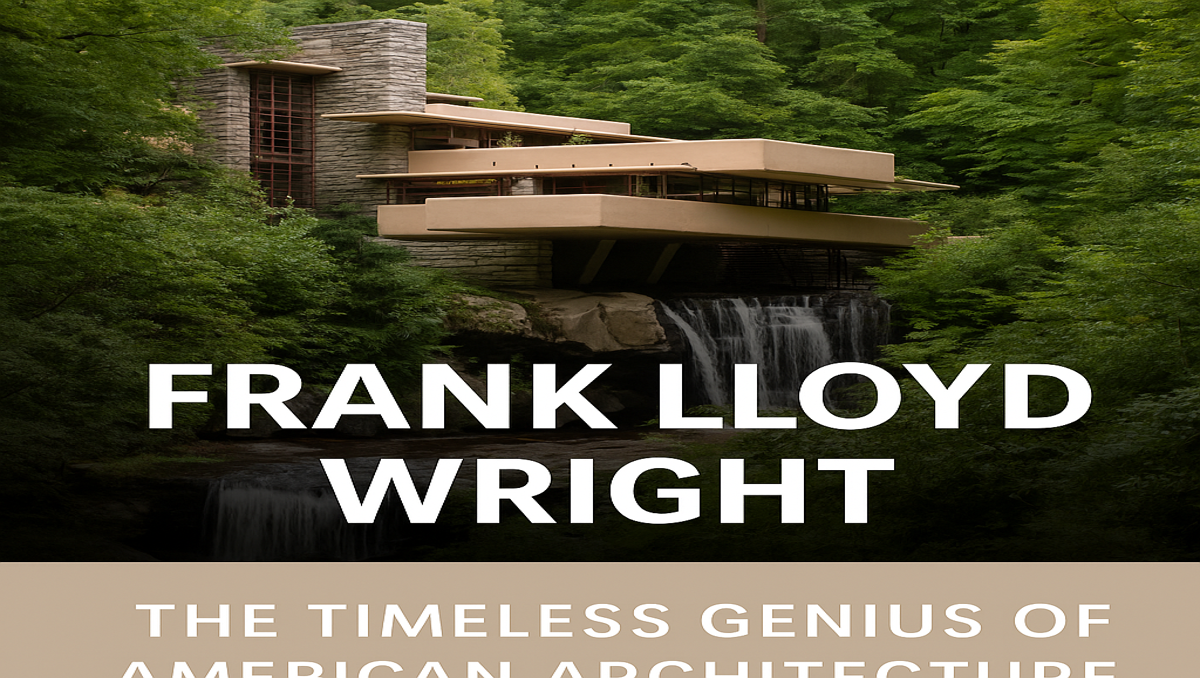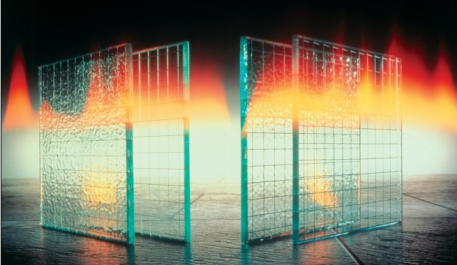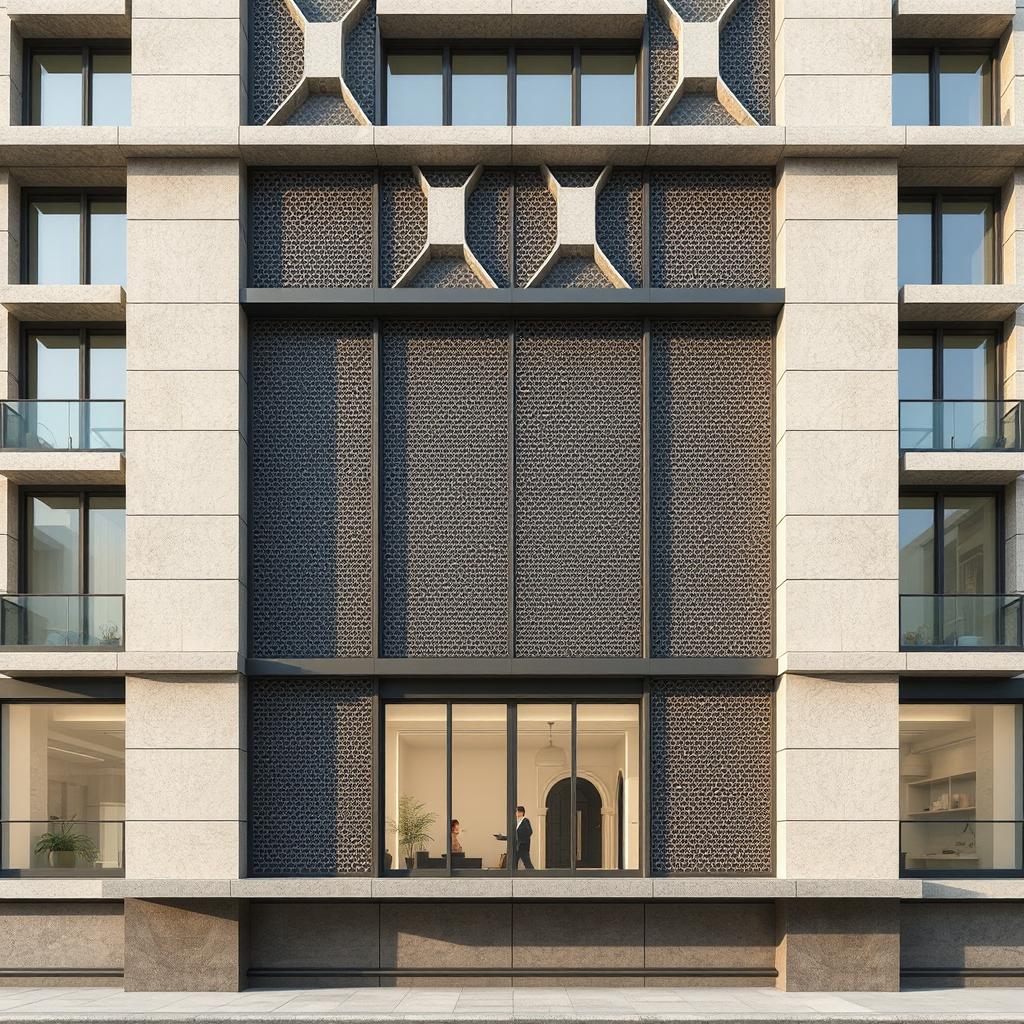Iconic Buildings 2025: Architectural Marvels Shaping the Future
As we step further into 2025, the world of architecture continues to evolve, merging cutting-edge technology with sustainable design and cultural storytelling. This year, a new wave of iconic buildings is redefining skylines, pushing boundaries in innovation, and setting global standards for environmental responsibility. From kinetic façades to AI-integrated smart systems, the iconic buildings of 2025 reflect the aspirations of modern society — balancing aesthetics, efficiency, and functionality.
What Makes a Building ‘Iconic’ in 2025?
In 2025, a building earns the “iconic” label not just through height or bold design, but by:
- Integrating advanced technology such as smart sensors, responsive façades, and renewable energy systems.
- Embedding cultural context into design, creating spaces that resonate with local heritage.
- Achieving sustainability goals, often certified by LEED, WELL, or net-zero benchmarks.
- Offering multifunctional use for the public — blending work, living, leisure, and community into a seamless environment.
Top Iconic Buildings of 2025
Here are a few standout architectural projects that define the iconic buildings 2025 trend globally:
The Line, Saudi Arabia
- Type: Linear smart city
- Highlights: A 170-km-long vertical city with zero cars and carbon emissions. Fully AI-managed and built with mirrored facades, this futuristic city is pushing boundaries in urban planning and ecological living.
Urban Forest, Brisbane, Australia
- Type: Vertical greenery tower
- Highlights: Covered in over 1,000 trees and shrubs, this tower acts as a natural carbon sink. Its biophilic design and solar-powered systems make it one of the greenest buildings of 2025.
Infinity Tower, Dubai, UAE
- type: Luxury mixed-use skyscraper
- Highlights: With a twisting design and integrated vertical gardens, this tower uses kinetic shading systems and energy-efficient cooling for desert sustainability.
Museum of the Future, Dubai
- Type: Cultural landmark
- Highlights: While completed earlier, its global influence continues in 2025. The building’s unique torus shape, AI exhibitions, and Arabic calligraphy make it a symbol of futuristic identity.
Google Bay View Campus, California
- Type: Tech HQ
- Highlights: Designed with a focus on human experience and energy efficiency, this campus uses dragon-scale solar panels, geothermal systems, and adaptive lighting to redefine office architecture.
Emerging Trends in Iconic Buildings 2025
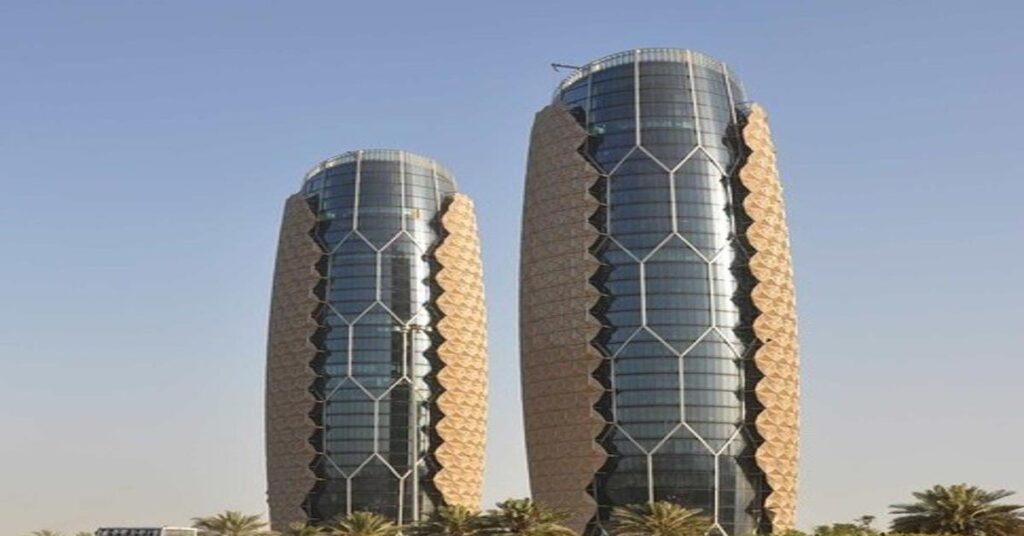
- Kinetic Façades – Adaptive outer skins like those seen in Al Bahar Towers allow buildings to respond to weather, sun, and light in real time.
- Carbon-Negative Construction – Use of hempcrete, recycled materials, and algae façades are reducing the carbon footprint.
- Modular & Prefab Design – Speed, precision, and lower costs have made modular iconic in urban housing.
- AI Integration – Buildings now monitor air quality, energy use, and occupancy for maximum comfort and efficiency.
Sustainability is the New Luxury
The biggest shift in 2025 is that luxury buildings are expected to be climate-resilient. Features like rainwater harvesting, zero-energy cooling, and vertical farming are no longer optional — they are the new architectural standard for prestige and purpose.
Conclusion: Shaping Skylines with Purpose
The iconic buildings of 2025 are more than visual landmarks — they are symbols of a smarter, greener, and more connected future. As cities grow and climate concerns escalate, architecture is playing a key role in shaping the way we live and interact with our environment.
These pioneering structures are not just monuments to modern design, but blueprints for a world that values innovation, inclusion, and impact. Whether you’re a designer, urban planner, or architecture enthusiast, 2025 offers a front-row seat to a bold new era of building brilliance.
